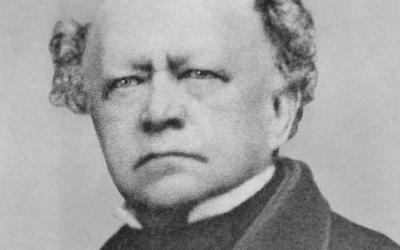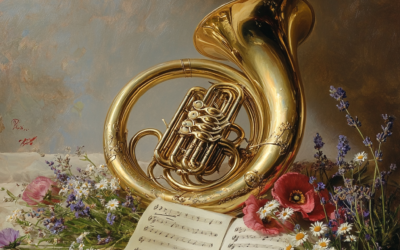A Resounding Success
Luchesi’s Concerto Revived at Milan's Sala Verdi
A standing ovation followed the performance of our revised edition of Luchesi’s Concerto in F for piano and strings at the Sala Verdi in Milan, conducted by Maestro Giorgio Rodolfo Marini and performed by the Insubria Chamber Orchestra.
Mozart: The Fall of the Gods
This book offers a fresh and critical look at the life of Wolfgang Amadeus Mozart, challenging the myths that have surrounded him for centuries. We strip away the romanticised image of the “natural genius” and delve into the contradictions within Mozart’s extensive biographies. Backed by nearly 2,000 meticulously sourced citations, this work invites readers to explore a deeper, more complex understanding of Mozart. Perfect for those who wish to question the traditional narrative, this biography is a must-read for serious music lovers and historians.
"Luchesi’s forgotten masterpiece returned to the stage, proving that some of the finest compositions of the Neoclassical period have yet to be fully appreciated."
@MozartrazoM
Recently, at the iconic Sala Verdi of the Milan Conservatory, a remarkable concert featured our revised version of Andrea Luchesi’s Concerto in F for piano and strings. This revival, alongside works by Donizetti, Costantini, and Perosi, was a resounding success, met with enthusiastic applause from an appreciative audience.
Conducted by Maestro Giorgio Rodolfo Marini, and with Maestro Carlo Levi Minzi as the soloist, the performance by the Insubria Chamber Orchestra brought new life to Luchesi’s forgotten masterpiece. The audience was captivated by the elegance and depth of Luchesi’s composition, which, thanks to our careful transcription and revision, revealed a richness that had been overlooked for too long.
This event not only celebrated Luchesi’s contribution to the world of classical music but also demonstrated how important it is to re-evaluate composers who have been unjustly neglected by history. The applause and standing ovations confirmed that this was a long-overdue recognition of Luchesi’s brilliance.
You May Also Like
Mozart’s Music or Marketing Strategy?
Despite Köchel’s best intentions, his catalogue of Mozart’s works became a commercial tool, filled with questionable pieces added by publishers keen on profit rather than accuracy.
A Revolutionary Encounter at Cremona Musica
Sharing insights on Mozart and the Neapolitan school at Cremona Musica, the premier global stage for music and culture.
#1 A Man of Cunning
In the end, Leopold Mozart’s life was a testament to survival in a world where his talents were often overshadowed by those of his more gifted contemporaries and his own son. While his “Violinschule” remains a notable contribution to music pedagogy, it is clear that Leopold’s legacy is as much about his ability to navigate the challenges of his time as it is about his musical achievements. His story is one of ambition, adaptation, and the lengths to which one man would go to secure his place in history, even if that place was built on borrowed foundations.
@MozartrazoM
Mozart’s Letters: A Legacy of Disappearances, Edits, and Forgeries
Mozart’s letters reveal missing originals, questionable authorship, and forgeries, adding complexity to his legacy.
The Curious Case of Mozart’s “Lullaby”
Though long credited to Mozart, the lullaby “Schlafe mein Prinzchen, schlaf ein” hides a murky history. Initially published by Nissen, Constanze’s second husband, it has endured as one of Mozart’s supposed works—despite a trail of doubts. In 1798, Constanze herself noted sending “another piece of Mozart’s in place of the lullaby,” raising questions about its origins. By the 20th century, researchers revealed it as the work of lesser-known composers, yet it remains deceptively tied to Mozart, its myth surviving through mere footnotes.
The Contradictions Behind Mozart’s Horn Concerto K.412
The authenticity of Mozart’s Horn Concerto K.412 remains hotly debated, as the work bears numerous contradictions in its manuscript history. The first movement may be original, but what about the rest? The inclusion of Franz Xaver Süssmayr and later editorial meddling raises serious questions about what we are really listening to when we hear this ‘Mozart’ concerto.







